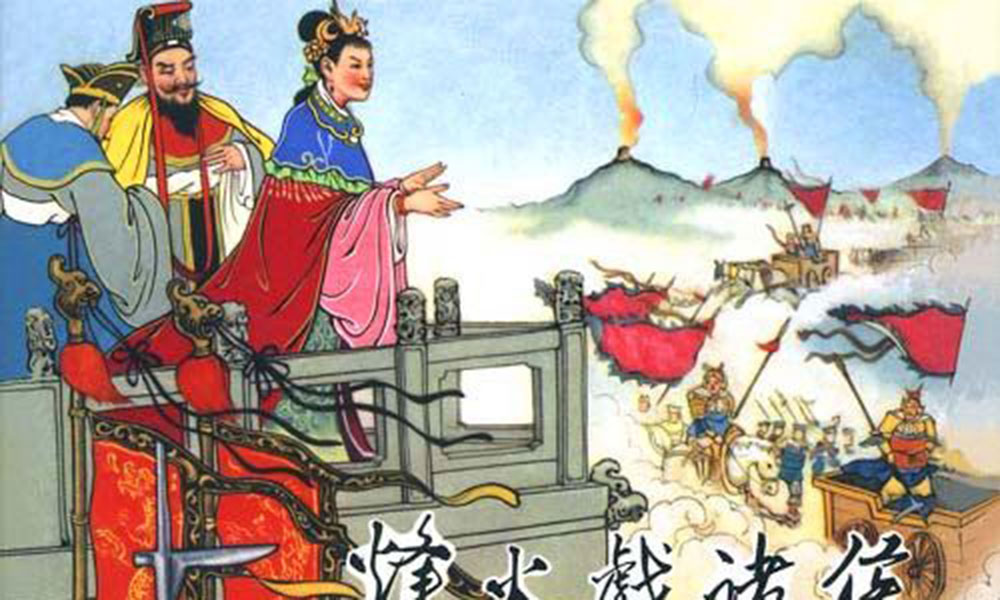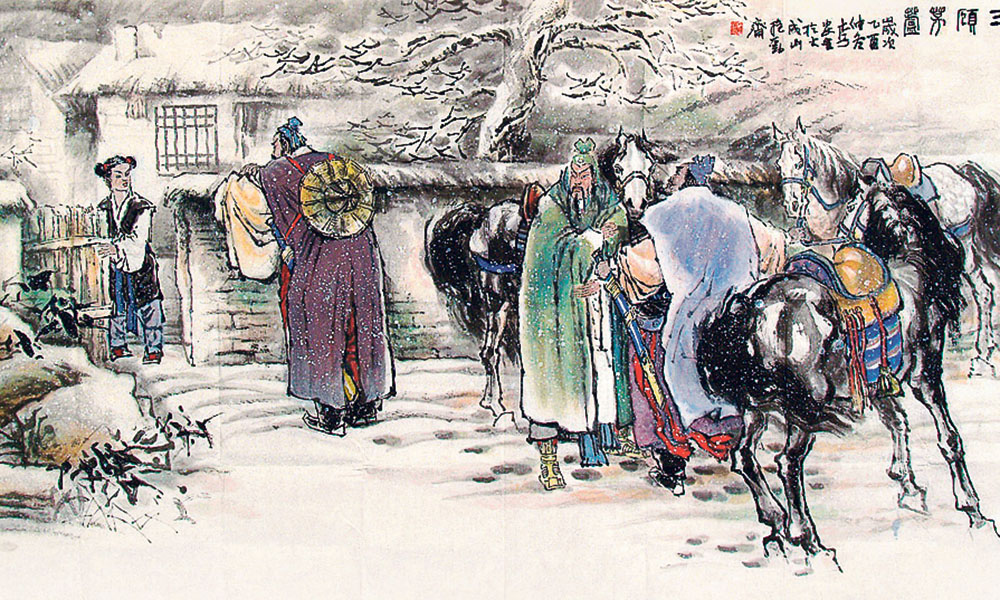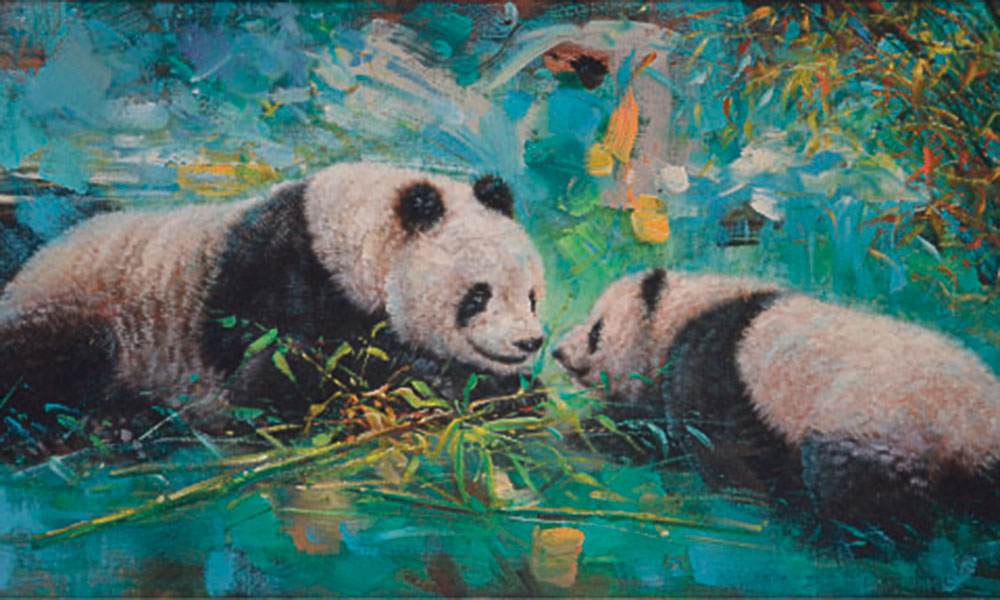
Dizi Gui (弟子规) :Treating Elders With Respect
Dizi Gui (Standards for Being a Good Student and Child) is a traditional Chinese textbook for children that teaches children morals and proper etiquette. Dizi Gui (弟子规) describes in great detail the ways to show respect to one’s elders. In eating and drinking, and in walking and sitting down, we should let the elder person
































